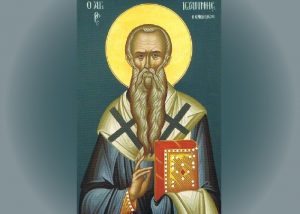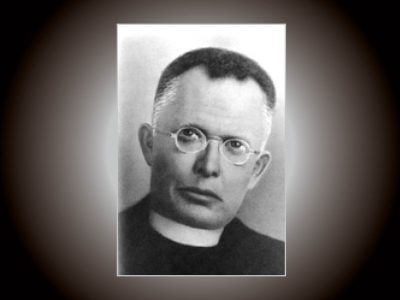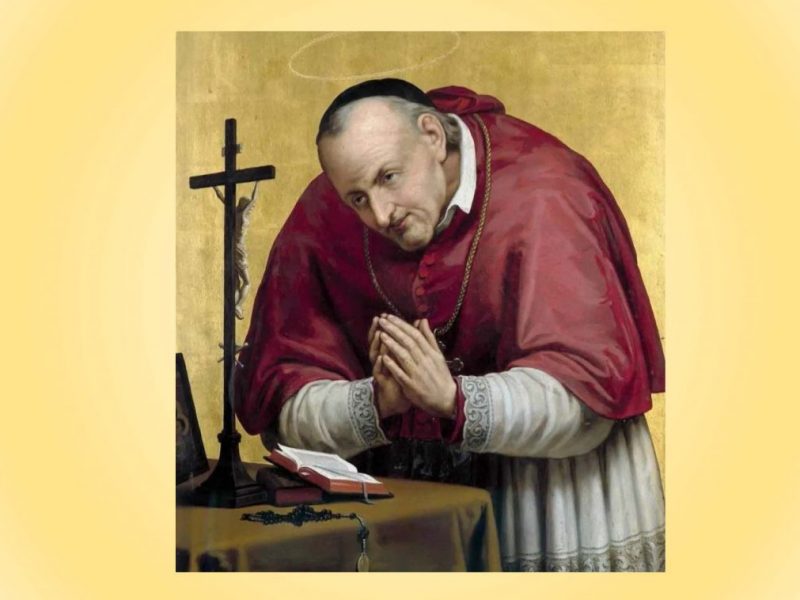
Saint John the Almsgiver earned the title “almsgiver” because of his passion for social justice and his stewardship of the poor and oppressed. Born at Amathus, Cyprus, around 560, the son of the governor of Cyprus, he was wealthy and of noble lineage. His wife and children died before John reached the age of 50.
A devout Christian, John sought to live a life of simplicity and in the spirit of poverty despite his wealth. He used his riches and position to help the poor. Despite being a layman, the Church at Alexandria petitioned to have John appointed bishop. He was consecrated Patriarch of Alexandria in 610.
He pledged himself to practice “charity without limits” and placed several thousand needy persons under his personal, pastoral care. He always referred to the poor as his “lords and masters,” because of what he called “their mighty influence at the Court of the Most High.”
He divided the church treasury’s gold among hospitals and monasteries, and worked to establish an economic redistribution system whereby poor people received adequate money and means to support themselves. Refugees from neighboring territories were welcomed with open arms.
John was a reformer who established new hospitals and increased the number of churches in Alexandria from seven to seventy.
As bishop, John developed a reputation for kindness. Twice weekly, he made himself available to anyone, rich or destitute, who wished to speak with him. People lined up and waited patiently for their turn.
When asked about his passionate concern for the poor, it is said that John often recounted a youthful dream. In it, a beautiful young woman told him that she was “charity.” She told him: “I am the oldest daughter of the King. If you are devoted to me, I will lead you to Jesus. No one is as influential with him as I am. Remember, it was for me that he became a baby to redeem the world.” John used this story to persuade the rich to be generous.
When the Persians sacked Jerusalem in 614, John sent food and money to support the Christian refugees. Eventually, the Persians took over Alexandria, and John himself was forced to flee to his native Cyprus. John died peacefully on November 11, 619. His feast day is January 23.



